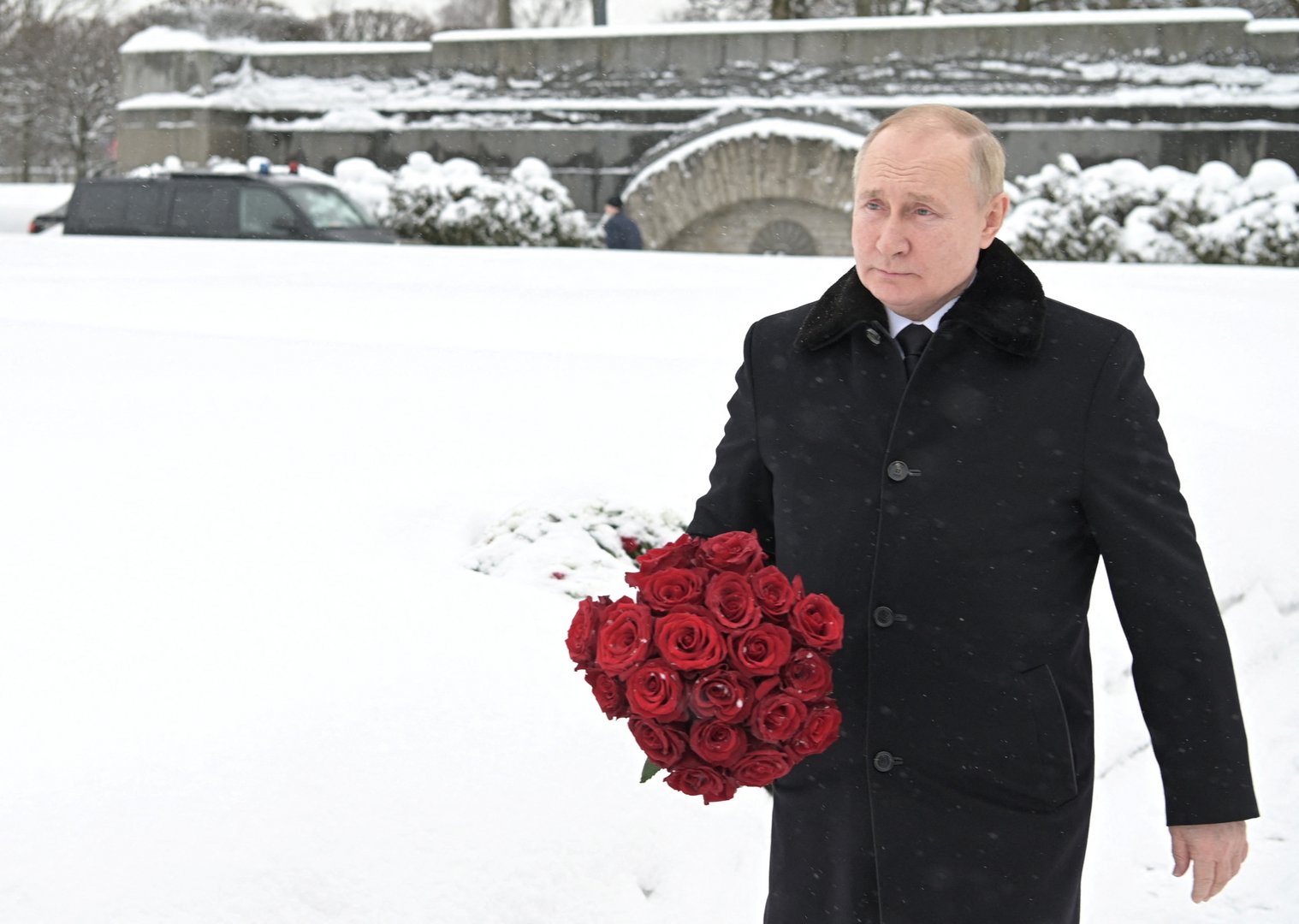Those who cannot understand Russia’s security fears over Nato’s expansion into East Europe are either not fair minded or unhistorical
By Alper Ali Riza
Nato has absorbed every state of the former Warsaw Pact, its rival defence alliance in East Europe set up by Russia to defend the Soviet Union, after the pact was disbanded in 1991.
For Russia the expansion of Nato eastwards on her flanks, taking in Poland and the Baltic states in the north and Romania and Bulgaria in the south, is a huge security concern when you consider its domino effect generally and on Ukraine in particular.
A little self-restraint from Nato in Ukraine would have been in order, but not a bit of it. According to Nato every European state has an inalienable sovereign right to join the alliance irrespective of concerns of neighbouring states like Russia. The head of the German navy vice-admiral Kay-Achim Schoenbach spoke for many Europeans, however, when he said before he was sacked that Russia deserves to be treated with respect by Nato.
States do indeed have the right to join any alliance they please; however, whether they join Nato or not is not for them to decide. By article 10 of the Nato treaty European states have to be invited to join by unanimous agreement of all state parties of Nato. Thus the sovereign right of Ukraine to join Nato is not the issue. Rather it is why Nato would wish to invite Ukraine to join the alliance in defiance of Russia’s security concerns.
Those who cannot understand Russia’s security fears over Nato’s expansion into East Europe are either not fair minded or unhistorical. There’s nothing one can do about those who are so blinded by irrational Russophobia they cannot see Russia’s need for strategic self defence to fend off Nato’s expansion eastwards.
For the unhistorical, we know from history that Russia was invaded twice from the west. France’s Napoleon Bonaparte rode into a burning Moscow in 1812 to satisfy his ego; and Hitler launched Nazi Germany’s invasion of Russia in 1941 to acquire living space (Lebensraum).
After World War II the use of force and the threat of the use of force were made unlawful except in lawful self defence. Standing military alliances such as Nato and the Warsaw Pact were also accepted as lawful under the principle of collective self defence.
Nato is seen by Russia not as a defensive military alliance but on the offensive closing in from all sides. To Russia, Nato’s wish to take in Ukraine is viewed as an aggressive move with Russia as its primary target. To Ukraine, on the other hand, joining Nato is regarded as conceived in strategic self defence against attack from Russia.
One cancels out the other, although I have to say that the threat of the use of force by Russian forces presently amassed around Ukraine is not necessarily unlawful. If a state can lawfully use force in self defence, it can also threaten the use of force in self defence and if it does this to prevent a neighbour from joining an alliance that threatens its security, it is not necessarily acting unlawfully.
Russian President Vladimir Putin is both a poker and a chess player in his handling of the Ukraine crisis. In upping the ante and keeping everyone guessing he is probably bluffing about military action in Ukraine – a well-known trick in poker. However, his demands that Nato scale back Nato’s presence in Europe and to exclude Ukraine from joining its ranks are the moves of a chess grandmaster.
Anatoly Karpov, the former Russian world chess champion, developed positional chess theory based on the idea of strategic self defence. After securing your flanks, you seek to control as many squares on the board as possible in positional defence rather than attacking to capture pieces.
On that analysis the Russians for whom chess is a national passion are unlikely to invade Ukraine. Amassing troops around Ukraine implicitly threatening the use of force to dissuade Nato from further expansion is done in strategic self defence without a need to invade.
But there is also another reason why Russia would not invade. Russia and Ukraine have a lot more in common than divides them. The Ukrainian capital Kyiv was, historically, as much part of Russia as Moscow and St Petersburg. Many Ukrainians speak Russian. They have the same religion, which Kyiv imported from the Eastern Greek Orthodoxy, and a large number of Ukrainians have dual nationality.
Many Soviet leaders in the Cold War Years were either Ukrainian or closely associated with Ukraine. Nikita Khrushchev was ethnically Russian but with a soft spot for Ukraine and the same goes for Leonid Brezhnev and Michael Gorbachev. Konstantin Chernenko who preceded Gorbachev was actually Ukrainian.
Khrushchev famously transferred the Crimean peninsula to Ukraine in 1954 for regional administrative reasons at a time when it did not matter to Soviet security whether it was part of Ukraine or Russia.
Ukraine fell out with Russia over Crimea when Russia unlawfully annexed it in 2014. Russia claims that a change of circumstances whereby Ukraine’s traditional closeness to Moscow changed in favour of Nato, removed Ukraine’s security claim to the peninsula. Khrushchev’s eccentric transfer of Crimea to Ukraine without a referendum rankled in Russia for many years. There are arguments on all sides – there is even a claim by the Tatars that they have a better claim than both Russians and Ukrainians.
Crimea is a complex problem but on Nato, I only take former Soviet leader Mikhail Gorbachev seriously. He has done more for world peace than anyone else and recently complained that Nato became arrogant after the collapse of the Soviet Union and needs to show respect and gratitude for Russia’s velvet disengagement from East Europe.
Alper Ali Riza is a queen’s counsel in the UK and a retired part time judge







Click here to change your cookie preferences